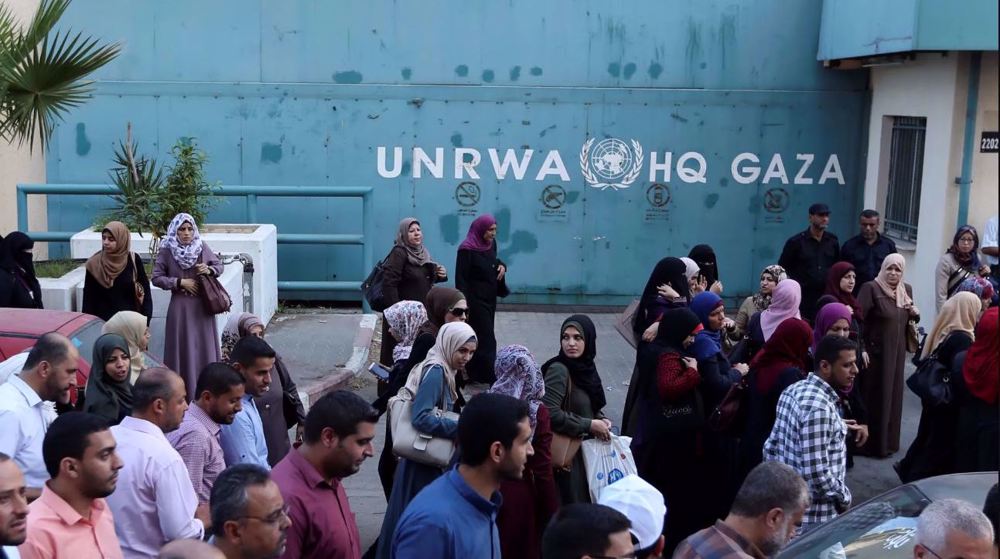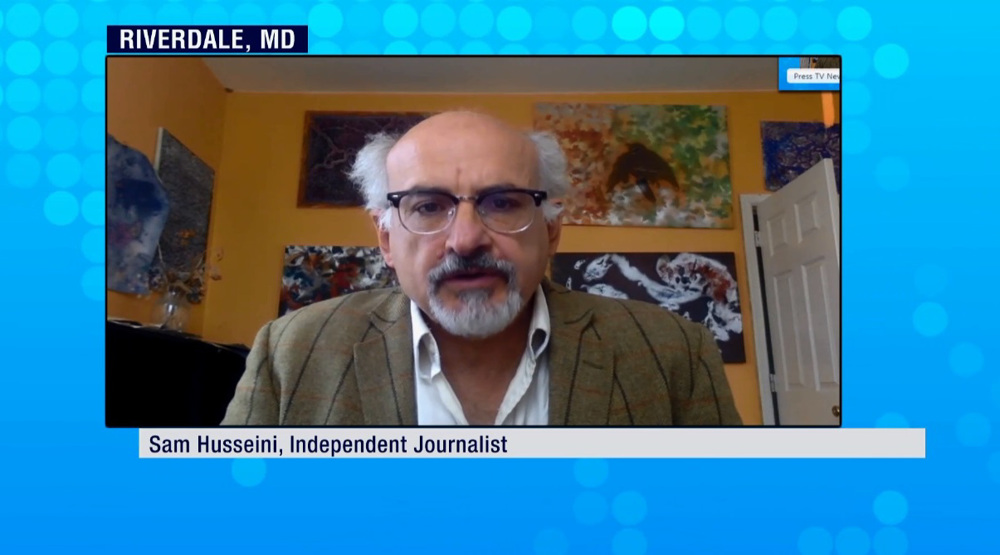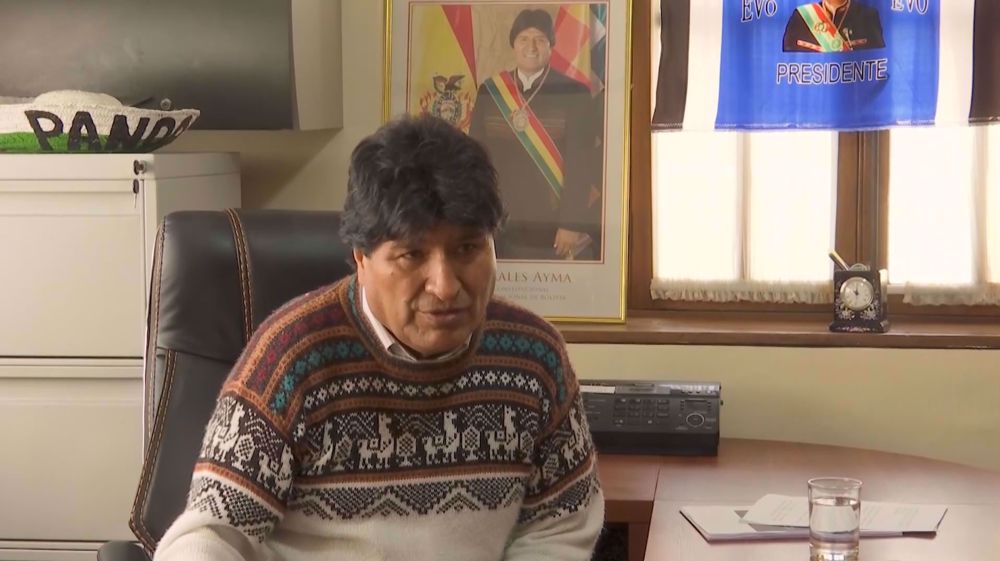Iran entitled to defensive missile technology: Analyst
Press TV has interviewed Kaveh Afrasiabi, an author and political scientist in Boston, about UN Secretary General Ban Ki-moon saying that Iran's ballistic missile launches “are not consistent with the constructive spirit” of the Joint Comprehensive Plan of Action (JCPOA).
A rough transcription of the interview appears below.
Press TV: How do you feel about the UN chief’s comments?
Afrasiabi: Well unfortunately Secretary General Ban Ki-moon has recently shown his ability to cave in to outside pressures. We saw that with respect to Saudi Arabia, how he backed down from listing Saudi in the Shame List and now this is another example of somewhat biased initiative by Secretary General that [is] causing to question his ability to be a fair-minded and stay above the political fray because clearly Iran has a right to its convention on non-nuclear missile technology which is for deterrent and defensive purposes and it actually serves a stability purpose with respect to the ongoing perpetual arms race in the volatile Persian Gulf and unfortunately that has been overlooked by Mr. Ban and his fellow comrades in the Security Council.
And Iran is very justified in calling to question this report that I have yet to see but based on the media report is very one-sided and of course it falls short of saying that Iran has violated the nuclear deal which it has not and there is a consensus in the diplomatic community that the language of resolution 2231 falls short of mandating total ban on Iran’s missile test and for any punitive measures against Iran if it conducts those tests which are necessary in order to upgrade Iran’s conventional missile program which are very essential for Iran’s national security.
Press TV: No one is really talking about the fact that Iran has said that the United States has not in fact lived up to the spirit of this deal with the many obstacles that are being placed in the way of not only lifting sanctions but just getting access to banks etc. How do you feel about that?
Afrasiabi: Well unfortunately this coincides with the report that the US Congress is taking initiative to scuttle the very important Boeing deal with Iran that would sell some 80-90 commercial airplanes to Iran which is very vital for Iran’s airline industry and if Iran cannot take such benefits from the nuclear deal, what is the purpose of the nuclear deal and all the nuclear concessions that Iran has made?
And this is an important issue that needs to be taken into consideration by the UN leadership as well as the Security Council because the nuclear deal is vital for regional international peace and has to be mutually beneficial and not just one side to the detrimental to the other side’s interest and now we are on the verge of seeing both the Boeing deal as well as the related Airbus deal falling short and being torpedoed by the hawkish anti-Iran lawmakers and the White House ought to veto that if it comes to the White House for President Obama’s signature and the UN should also take a very firm position on these issues which are vital for the maintenance and longevity of the nuclear agreement.
Islamic Jihad: Al Jazeera shutdown meant to conceal Israel’s war crimes
Leader: This year's Hajj 'disavowal of Israel, supporters'; Gaza genocide etched in history
US campus protests show Zionists failed to manipulate public opinion in West
Iran performs first organ transplantation surgery from brain dead patient
VIDEO | Iran-Africa Economic Conference
Israel orders 100,000 Palestinians to evacuate Rafah ahead of ground invasion
EU naval mission says 'most powerful systems' fail to confront Yemenis: German media
Hamas says seeks ‘comprehensive truce' as Israel hell-bent on war, blockade














 This makes it easy to access the Press TV website
This makes it easy to access the Press TV website